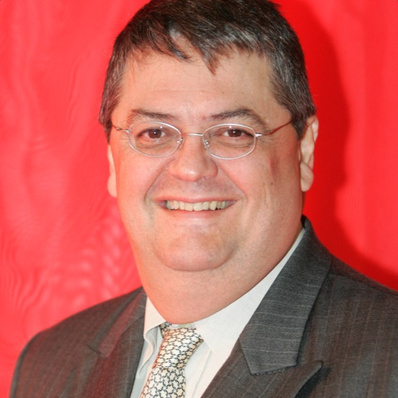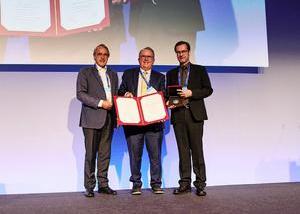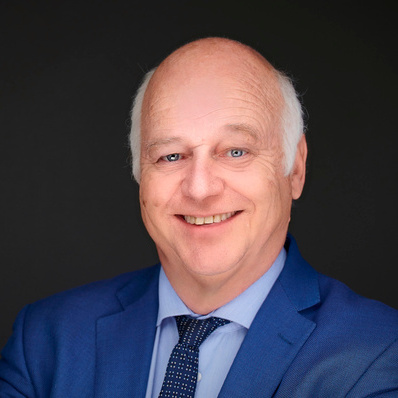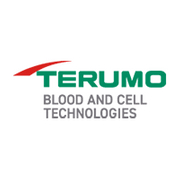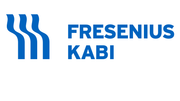One of the key elements of blood transfusion is the availability tof safe blood (products and components). A sustainable national blood programme assists in ensuring a safe and adequate blood supply. Globally, half of the annual blood donations are collected in high-income countries from various types of donors (voluntary unpaid, family/replacement and paid. Although, national blood supplies are >99.9% based on voluntary unpaid blood donations, 40 countries, however, collect only <25% from voluntary unpaid blood donors. In general, there are also wide differences in the efficiency of blood collection across countries and income groups. In a number of low-income countries, especially in the Sub Saharan African region, 20% of blood donations are not tested for transfusion-transmissible infections (HIV, hepatitis B, hepatitis C and syphilis) and some of the tests used are not reliable, while this region is heavily affected by HIV. The minority of whole blood is separated into blood components in these countries also, which therefore limit their capacity to provide patients with the different blood components. And importantly, only a small number of low-income countries have a national haemovigilance system to monitor and improve the safety of the transfusion process.
Current Leadership
Annual Report
Click the link below to read the Report of the Global Blood Safety Working Party for 2024/2025.


